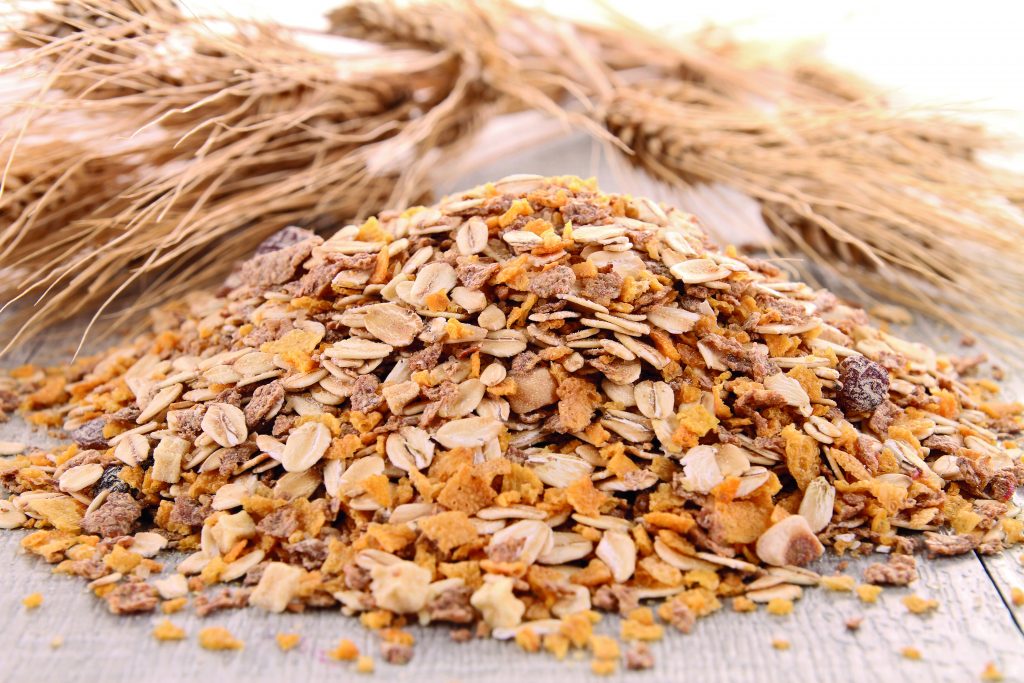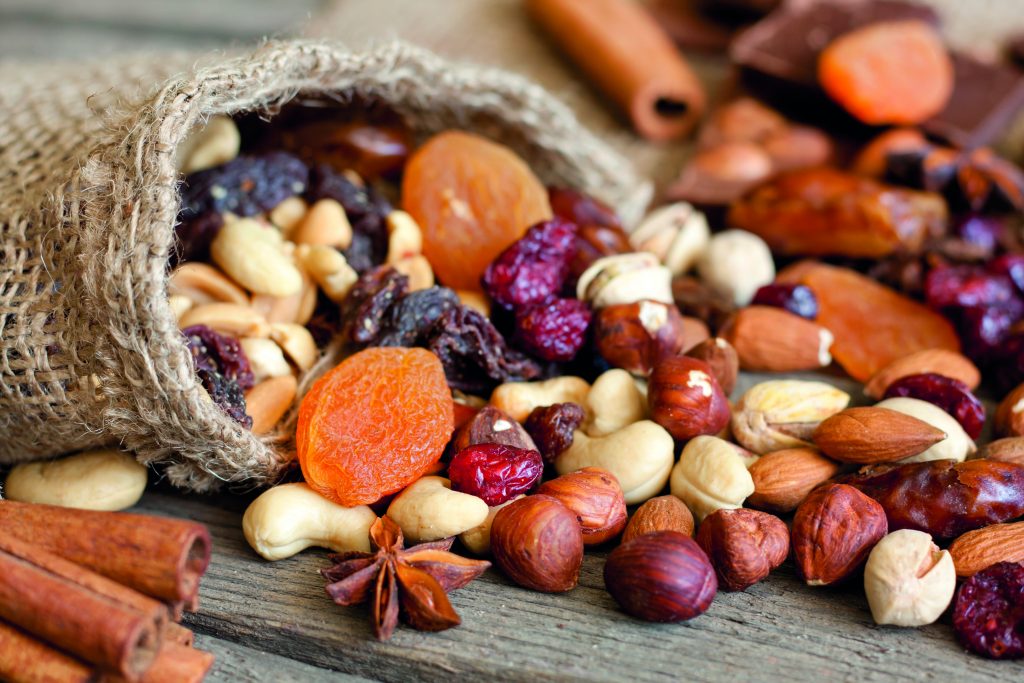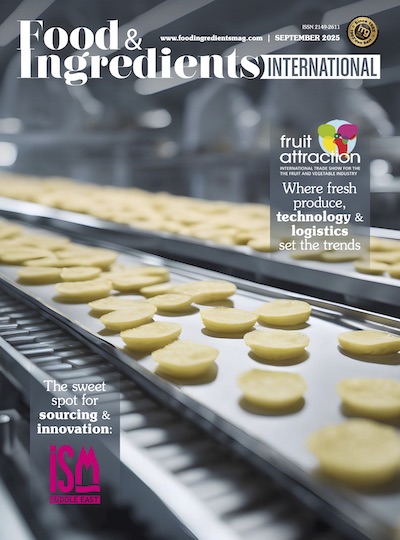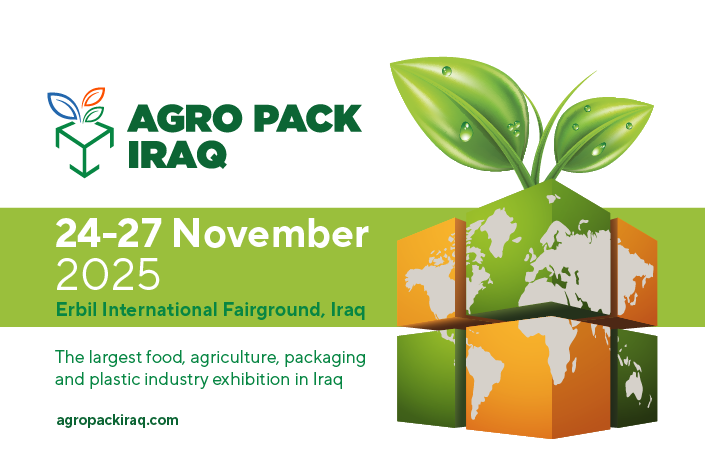Uzbekistan has carried out major political, social and economic reforms with its longterm development strategy plan, accepted as the Uzbek model, in the last 28 years, Uzbekistan, which started everything from scratch in the economic sense in the period after its independence, continued to grow steadily as part of a sustainable economy. When we look at the effects of this growth, the agreements made in the international arena and the growth in export volume continue to reflect positively on production. Uzbekistan, one of the important countries of Central Asia, has achieved a stable economic growth trend despite the negative effects of the ongoing financial and economic crisis. It is continuing its export activities by increasing its investments in food production, especially in Tashkent, Samarkand and Ferghana.
It is aimed to minimize dependence on imports
Uzbekistan signed an agreement with the Food and Agriculture Organization (FAO) covering the years 2021-2025 and accelerating their partnership. The Food and Agriculture Organization has reached agreements in order for Uzbekistan to reach sustainable food systems throughout the entire agricultural food value chain, supporting Uzbekistan in the implementation of the agenda of 2030. The agreement was prepared in general by predicting to make the manufacture, processing, distribution and consumption of the food products sustainable by taking into account the wider economic, social and natural environment. As a result of these agreements, modern production capacity will increase in various cities of Uzbekistan and dependence on imports will be minimized.
The most exported country is Russia
Since 1997, when the contribution of the Uzbek model to the economy began, there has been an increase in trade turnover of it because of Uzbekistan’s proximity to former Soviet countries, especially Russia, Kazakhstan, Kyrgyzstan and Lithuania. These countries have a significant share in the trade of Uzbekistan with consumer goods, fresh and processed fruits and vegetables, nuts, other food products and various durable consumer goods.
That the agricultural sector of Uzbekistan contributes to employment, food security and foreign exchange production is of vital importance. It has been observed that Uzbekistan, which meets a significant part of its economy from the food industry, has reduced the negative effect of the economic shock, which occurred after the disintegration of the former USSR, thanks to increased production.
 The certain procedures have been prepared in order to apply the pre-delivery inspection that is new formed and compulsory, taking place in the investment program of Uzbekistan in order to bring the quality, quantity and price characteristics of individual food products (meat and dairy products, alcohol and tobacco products, oilseeds) and equipment (mechanical and electrical equipment) to the desired level in the country. Within the framework of these procedures, food production has increased and the desired momentum has begun to be achieved. According to the export report of processed agricultural and food products, it was announced that the total value was 116.80 million dollars, with a rate of 0.88% in current exports. Primarily Tajikistan with 34.24 million dollars, Afghanistan with 24.29 million dollars, Kazakhstan with 23.38 million dollars, Russia with 22.89 million dollars and the People’s Republic of China with 1.93 million dollars, imported processed grain and food products from Uzbekistan.
The certain procedures have been prepared in order to apply the pre-delivery inspection that is new formed and compulsory, taking place in the investment program of Uzbekistan in order to bring the quality, quantity and price characteristics of individual food products (meat and dairy products, alcohol and tobacco products, oilseeds) and equipment (mechanical and electrical equipment) to the desired level in the country. Within the framework of these procedures, food production has increased and the desired momentum has begun to be achieved. According to the export report of processed agricultural and food products, it was announced that the total value was 116.80 million dollars, with a rate of 0.88% in current exports. Primarily Tajikistan with 34.24 million dollars, Afghanistan with 24.29 million dollars, Kazakhstan with 23.38 million dollars, Russia with 22.89 million dollars and the People’s Republic of China with 1.93 million dollars, imported processed grain and food products from Uzbekistan.
Uzbekistan has developed its export potential by expanding production in industries such as light industry, food machinery, agriculture, food and advanced technology in order to continue its successful development in foreign trade for the future. It has taken steps to support the interests of domestic exporters in foreign markets to help maintain their position in the world food and goods markets, and has developed supportive policies for domestic producers who are not monopolists in the domestic market.
Export exceeded 1 billion dollars
Uzbekistan State Committee announced that 1.5 million tons of fruits and vegetables worth $1 billion were exported in 2020. The countries to which Uzbekistan exports the most were Russia with 255.4 million dollars, Kazakhstan with 251.4 million dollars and the Kyrgyz Republic with 181.1 million dollars. In the last 10 months of this year, more than 31,550 tons of raisins were exported for 42.51 million dollars under the customs export regime in Uzbekistan. According to the Committee, the export capacity has been increased 7.4 times to the Netherlands and 4.2 times to Mongolia and 1.5 times to Greece, while 28% of the total amount of raisins is exported to China, 14% to Kyrgyzstan and 10% to Turkey.
In addition, for the first time in the country’s history, raisins were exported to Canada, France, Pakistan, Moldova, Italy, Bangladesh and South Korea in 2021.
479.4 million dollars worth of fruit and vegetables were exported
According to the data declared by the State Statistics Committee of Uzbekistan last year, it was announced that 841,800 tons of fruits and vegetables amounting to 479.4 million dollars were exported in January – July 2021. While 556,600 tons of vegetables are exported the most, the number of countries to which export is done is increasing every year with 173,900 tons of fruit and berries, 53,600 tons of fresh melons and watermelons, 19,600 tons of raisins, 15,300 tons of fresh grapes and 11,500 tons of peanuts.
Uzbekistan exported 63,800 tons of fruit and vegetables worth $40.8 million in only January. This was reported that it was 2.4 million dollars more than the same period of the previous year, and with the increased production capacity, an increase was observed in other months compared to the previous years.
While the production of vegetables and fruits increased in various cities of Uzbekistan, especially Tashkent with 10.3 thousand tons, Samarkand with 8.0 thousand tons and Cizzakh with 7.1 thousand tons managed to become an important source of income for exports.
 The committee also announced that meat imports increased by 6,865 tons compared to the same period last year. Uzbekistan produced 1.9 million tons of meat in the first 9 months of 2021. Among the 20 major partner countries in foreign economic activity, there is an active foreign trade balance with six countries, especially Afghanistan (233.4 million dollars), Kyrgyzstan (141.4 million dollars) and Tajikistan (104.4 million dollars).
The committee also announced that meat imports increased by 6,865 tons compared to the same period last year. Uzbekistan produced 1.9 million tons of meat in the first 9 months of 2021. Among the 20 major partner countries in foreign economic activity, there is an active foreign trade balance with six countries, especially Afghanistan (233.4 million dollars), Kyrgyzstan (141.4 million dollars) and Tajikistan (104.4 million dollars).
Grain and cereal products come to the fore
While Uzbekistan, increased its foreign trade balance, uses 4.03% of the economy in the import of processed food and agricultural products, it is making a total investment of 807.21 million dollars. According to these figures, while it imports from Russia with an overwhelming 630.43 million dollars, Kazakhstan follows it with 115.08 million dollars. At the same time, Lithuania with 24.84 million dollars, Turkey with 13.11 million dollars, Germany with 7.60 million dollars, India with 7.03 million dollars, and South Korea with 1.50 million dollars make commercial partnerships with Uzbekistan in imports. The following product groups stand out in terms of products with an increase in the import of the country, employing 25% of its workforce in the agricultural sector, compared to the previous year: It was stated that within the food products category, grain and cereal products increased by 36.1% to 733 million dollars, and within the animal and vegetable oils category, vegetable oils and fats (crude, refined or fractionated) increased by 20.5% to 258 million dollars.
The authorities who are noting that many products, especially vegetables and fruits, are grown in Uzbekistan, where the agriculture and food sector plays a major role in the economy, is aiming to become a self-sufficient grain producer country and to minimize imports by diversifying fruit and vegetable production.
Agricultural production efficiency reaches its highest level
Approximately 6 million tons of fruit and vegetables are produced annually in Uzbekistan and this amount meets the needs of the domestic market bountifully, but the goods produced cannot be processed at the desired level due to the inadequacies in the fruit and vegetable processing facilities and the use of old technology. Great importance is attached to scientific studies aimed at increasing productivity in the field of agriculture in the country. For this purpose, the Uzbek Agriculture Scientific Productivity Center was established. This organization, in cooperation with the Ministry of Agriculture and other institutions, aims to conduct scientific research on the problems of agricultural complexes in the country and to maximize the efficiency of agricultural production.
According to the latest data announced, while Russia is the country with which Uzbekistan has the most trade for many years (from 55 percent of total trade in 1992 to 29 percent in 2012 and 14.5 percent in 2019), it made 18.1% of the total trade with China in 2019. 29% of total foreign trade is with the countries of Commonwealth of Independent States, 6.5 % with South Korea, and 6% with Turkey.
Uzbekistan has established its closest commercial relations with China, Russia, South Korea, Kazakhstan and Turkey in recent years. These commercial relations have been made as mutual verbal and written agreements, and since it turned into a narrow range of agricultural products, the large-scale imports of cereals and other foods that are not grown in sufficient quantities in the country are being done.
As a result of growing and exporting mostly fresh fruits, that the domestic production is not done in other food and beverage sectors makes the country dependent on foreign sources in some areas, and forces the country to old technology production networks.
Uzbekistan is on the rise in fresh fruit exports
Finally, Uzbekistan, which ranks third in the world in date exports, has strengthened its production infrastructure, being fourth in fresh-dried apricots and raisins, fifth in prune and cherry exports, and eighth in cabbage exports, aimed to strengthen the export-import balance by adding countries in Europe and other geographies to its network, which it has strengthened through trade with neighboring countries.





















